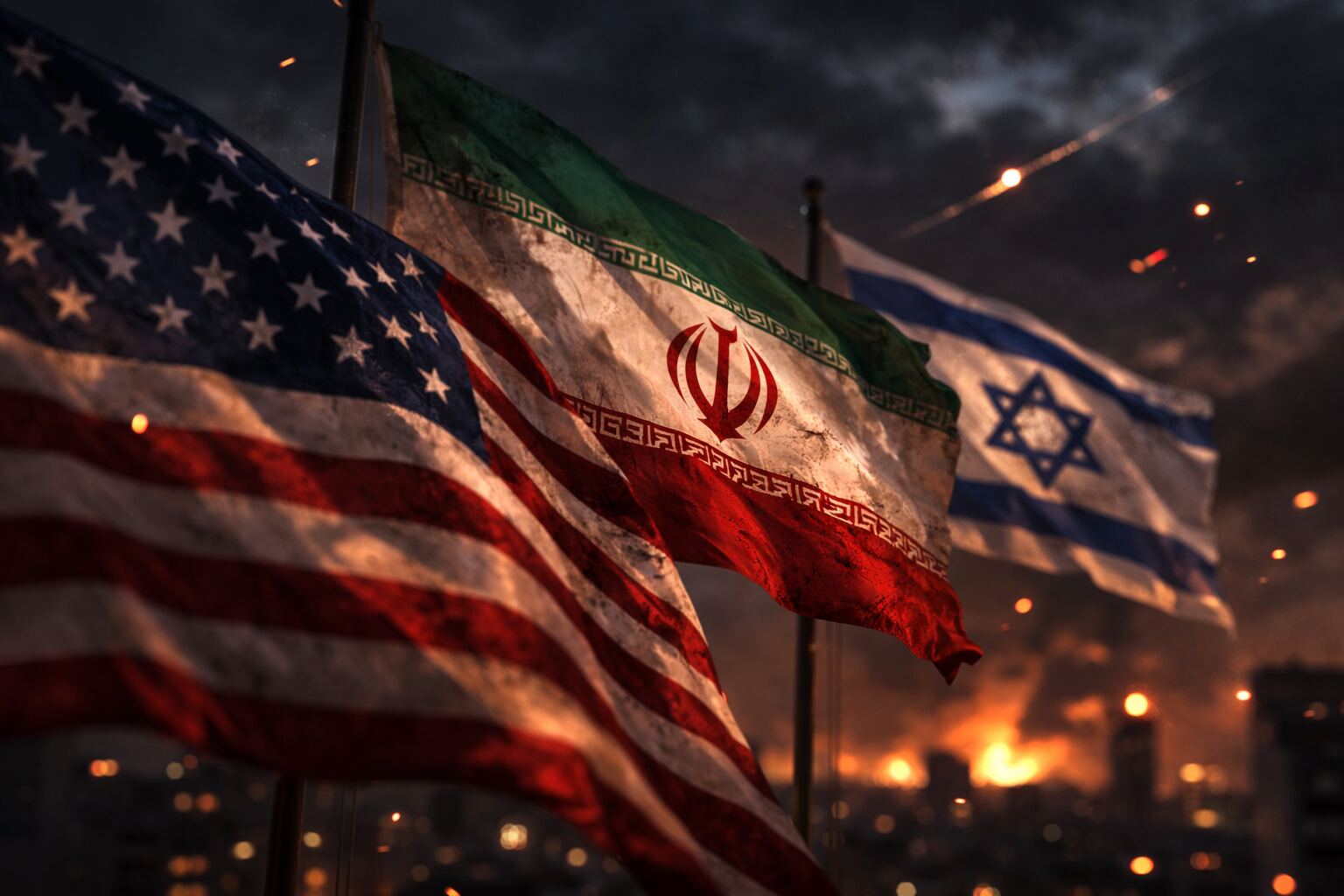“When I went to war, I marked my enemies like a sniper. And when I got to them, I chopped their heads off with a knife.”
These are the translated words of Wangloi Wangshu, one of the few surviving members of the Naga headhunting tribe in northern India, documented in 2015 by National Geographic.
“If I happened upon the enemy, it didn’t matter if the person was a man, woman, or child. I chopped the head off,” he continued.
But Wangloi shares these remarks in the past tense. Why?
In the 19th century, Edwin W. Clark, an American missionary, became the first to take the gospel into the territory called Nagaland. Through persistent evangelism, education, and equipping of nationals, missionaries witnessed a tide change over generations. Now, this collection of Indian tribes boasts a higher percentage of Baptists than the state of Mississippi.
“I don’t miss the old traditions much. They weren’t good traditions,” said one former headhunter who converted to Christ. “We have kept the good things in our tradition and have let the bad things go.”
The current political moment in the West has catapulted what were once sociological and missiological considerations into the mainstream—questions like, “What is a nation?” and “Can one nation or culture be superior to another?” The global breakdown of liberal democratic orders and the return of cultures and traditions once thought irrelevant have exasperated those who saw history as having essentially reached its terminal state of a sort of post-political egalitarianism.
But despite the enchanting power of that postwar consensus, the spell is breaking. The global church is once again faced with a flurry of questions about the inferiority or superiority of various cultures as it is confronted with uncontrolled mass migration and the rise of various nationalist and populist movements simultaneously worldwide.
These questions, as existentially significant as they are, are not unanswerable for the Christian. Consider this modest attempt from the 2018 Dallas Statement on Social Justice and the Gospel, signed by a variety of conservative evangelical notables (including John MacArthur, Voddie Baucham, and the widow of the late R.C. Sproul):
We affirm that some cultures operate on assumptions that are inherently better than those of other cultures because of the biblical truths that inform those worldviews that have produced these distinct assumptions. Those elements of a given culture that reflect divine revelation should be celebrated and promoted. But the various cultures out of which we have been called all have features that are worldly and sinful—and therefore those sinful features should be repudiated for the honor of Christ. We affirm that whatever evil influences to which we have been subjected via our culture can be—and must be—overcome through conversion and the training of both mind and heart through biblical truth. (Article XIII)
Their answer, and the answer of the statement’s more than 17,000 additional signers, is a simple, unequivocal yes—some cultures are superior, in some real sense.
Henry Van Til famously reduced culture to religion externalized. The culture exists downstream from the cultus, or religious apparatus of a people. Each culture in some way reflects the outworking of a people’s collective assumptions about what is—or isn’t—ultimately true, good, and beautiful. While there can be much more to a culture than that, there is never less.
In this sense, culture is not synonymous with geography, ethnicity, or the nation-state, despite being informed by all these factors. This is significant. Culture is not skin-deep. To assert a hierarchy of cultures is not to condone ethnocentrism or racial vainglory. All are precious in the Lord’s sight, as the children’s song goes.
But in respect to the value systems that form cultures, it is self-evident that some cultures are closer to biblical ideals than others. English society’s notion of justice and common law, received from Deuteronomy via King Alfred, that shaped the Western consciousness is objectively better than, for instance, the Delphian ethos of bloodlust symbolized by the Furies in Aeschylus’ The Eumenides. Or, to provide a more modern example, the culture of Edwin W. Clark and the American missionary-sending churches from which he hailed was objectively superior to the way of life embraced by the headhunting Naga.
This conclusion, heretical as it may be to the reining orthodoxy of multiculturalism, is not just a logical outworking given certain assumptions about culture and worldview; it is a biblical conclusion necessary to faithfully discharge the Christian mission.
In Matthew 28, the church is commissioned to disciple all the nations, such that they obey all the commands of the Lord Jesus Christ (vv. 19-20). Once justified by faith, Christians begin a lifelong journey of obeying biblical commands. Similarly, families, tribes, and nations influenced by the gospel must also follow the imperatives of Scripture, resulting in cultural fruit. But if we are so bound by multiculturalism so as to relativize all matters of human tradition and custom, we will be unable to evaluate objectively the global progress of the gospel as a leavening agent among the world’s peoples. It will also render us impotent in our ability to assess our mission’s progress and persevere in asserting the crown rights of the Lord Jesus Christ over every people.
In asserting this, we must remain objective. There is much within Western culture that spits in the face of divine revelation. So why compare cultures at all? If we don’t acknowledge the fruit of the gospel and of the biblical worldview around us, we’ll be both ungrateful for our blessings and unburdened to spread them with the world. Guilt will override gratitude, and missions will be demonized as a mere continuation of some colonialist project.
For the sake of gratitude, mission, and the gospel, then, let us recognize that where Christ is proclaimed, cultures change—and hearts change—for the better. And where we see cultures run aground on the crags of unbelief, rebellion, and immortality—whether they be unreached headhunting tribes or modern democracies devoid of truth—let us mobilize in full force to bring them the message that alone can cause knees to bend in worship.





